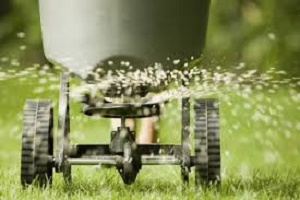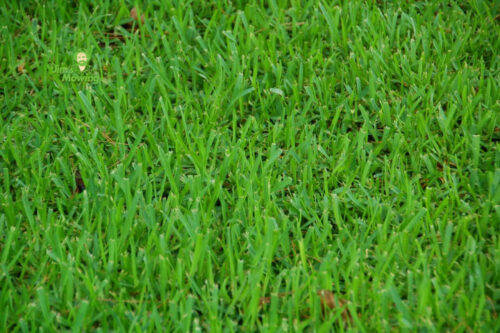
If you feel like your lawn needs a little boost in order to optimise its growth, providing it with lawn tonics is one of the best solutions. According to professional lawn care experts in Victoria, lawn fertilisers can inhibit thatch build-up and fungal growth. On top of that, lawn fertilisers can control weeds and ensure resilience of grass and other plants when weather and other elements present problems.
Lawn fertilising, suffice to say, is a must but it needs to be done properly in order to secure all of its benefits.
Formula is a top consideration. Fertilisers are not made of the same ingredients; they’re not a “one-size-fits-all” kind of solution. For example, there are fertilisers formulated to address specific issues like fungal growth (such as mushrooms or “mushroom fairy rings” that are not that visually appealing once you see them growing in clumps on your lawn). There are also those formulated for the fast growth of certain plants that are not endemic to the area.
The second consideration for proper fertilisation is the season. Every season presents its own challenges and fertilisation can outwork the common issues due to changes in the season. In the spring, spreading fertiliser is done to assist the revival of the lawn after the long winter spell. In the summer, on the other hand, fertilisation is carried out to support an even growth pattern. Therefore, lawn tonics rich in nitrogen, phosphorous and potassium are highly recommended. As for autumn, fertilising is a must to prepare for the winter to extend growth, and then ensure thickness and good colour of turf come spring.
 The third consideration for fertilisation is soil type. It’s crucial to study soil quality and other conditions to ensure the efficacy of lawn fertilisers. There may be the need to apply the tonics using a specific way for better penetration and retention. There are different types of soil in the Australia and they have to be fertilised with the right formulas so they can support the growth of grass and other plants. You have podosols common in Victoria, tenosols common in Western Australia, yellow kurosols in Queensland, and many others. These soil types have varying amounts of nutrients in them and therefore, benefit from customised fertiliser formulas and application methods for maximum efficacy.
The third consideration for fertilisation is soil type. It’s crucial to study soil quality and other conditions to ensure the efficacy of lawn fertilisers. There may be the need to apply the tonics using a specific way for better penetration and retention. There are different types of soil in the Australia and they have to be fertilised with the right formulas so they can support the growth of grass and other plants. You have podosols common in Victoria, tenosols common in Western Australia, yellow kurosols in Queensland, and many others. These soil types have varying amounts of nutrients in them and therefore, benefit from customised fertiliser formulas and application methods for maximum efficacy.
There are still other factors to take into account of when it comes to fertilising lawns so it’s good to have a highly experienced local lawn care services team taking care of the job especially if you find it too complicated to carry out yourself. With their help, your lawn can get the support it needs to thrive well throughout the year.





